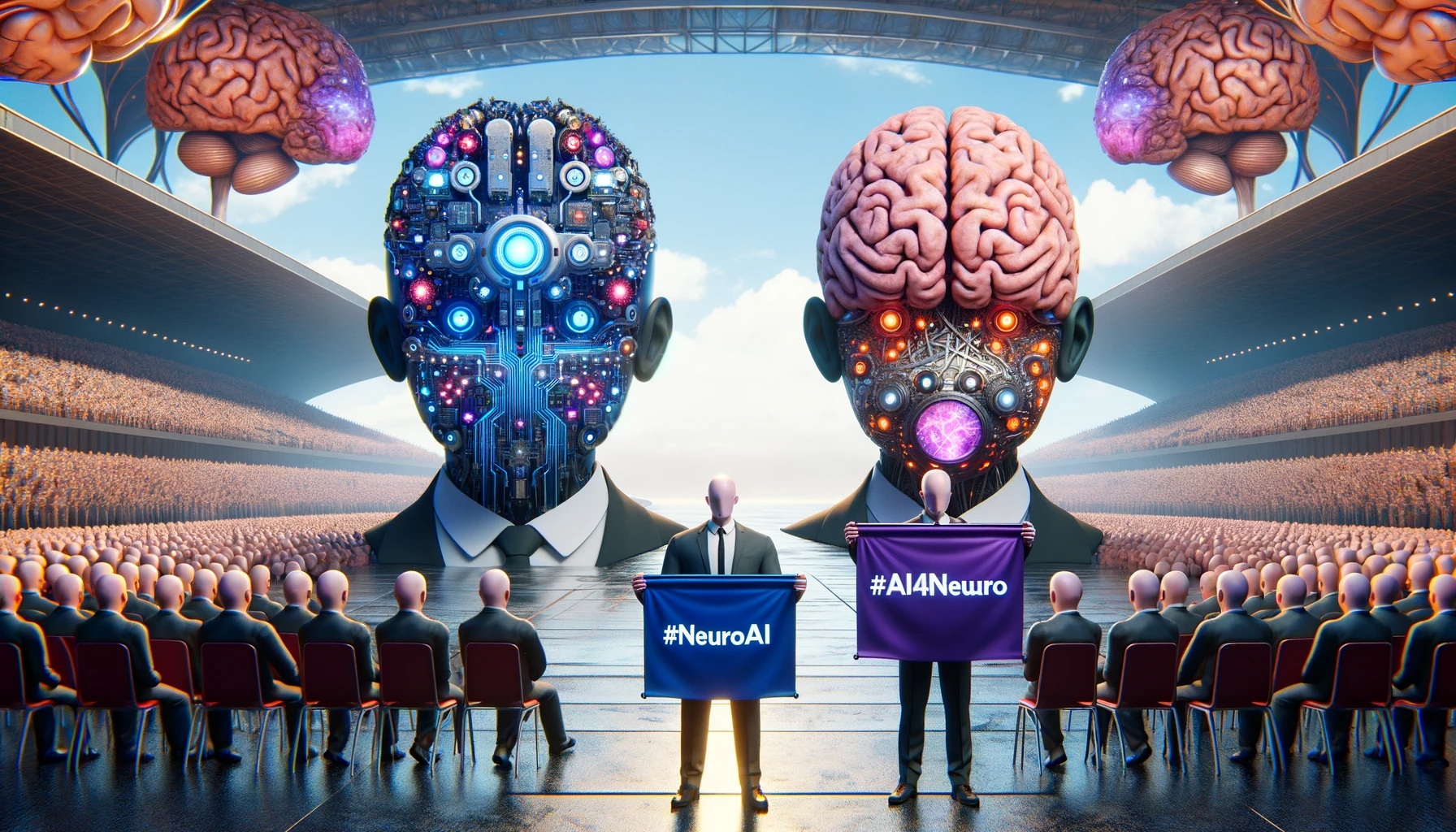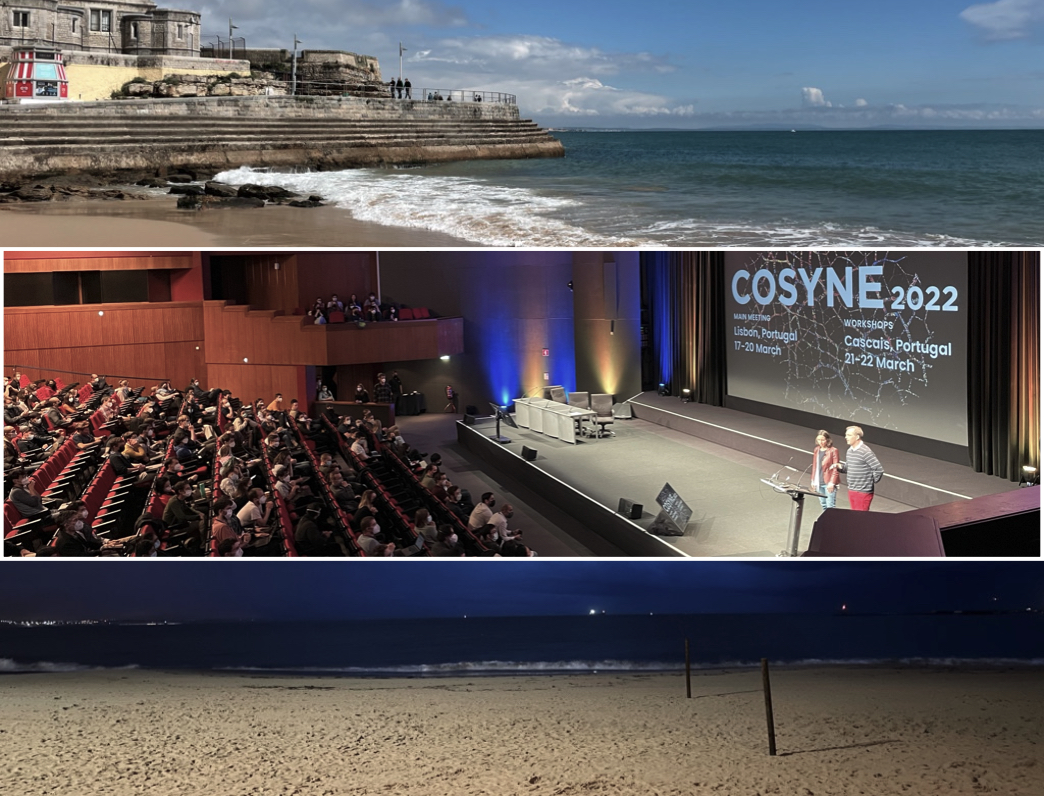This is the third post in my series of reflecting on the state of science, which, at this point, feels like it’s more likely to be a given week’s topic than not. In any case, today, I will be writing about bias within the selection process in science. This current line of thought has accumulated over several years and many broader conversations about affirmative action in both academia and industry with various people. I realize that affirmative action is a particular sensitive topic, and it seems like people are either super for it or super against it, so let me just start by saying that without a doubt I believe in the principles behind it, and given how recently it has become an adopted practice, it is a great first step towards balancing out structural inequalities. That being said, I think it is worth taking a closer look at to see how we are doing and what we’re trying to achieve.
The impetus behind writing this actual post today came from an interesting blog post I recently read by (presumably) a fellow science blogger whom I only have Twitter relations with. In it, the author asks whether graduate school admission criteria, like GPA, previous lab experience, letters of recommendation, etc, are truly an indicator of future success, or are we simply selecting for previous privilege? And if the latter, how can we give opportunities to those who want to pursue science but did not have the luck of birth to prepare themselves for it? I found this post interesting because, while it was not the explicit purpose, it gave me insight on differentiating between personal and structural biases, the different goals we have for solving these issues, and how they need to be tackled differently. I just made up these categories on the spot, so forgive me if they are defined properly elsewhere.
Removing personal bias helps selecting objectively and optimally
I’ll get the easy one out of the way first: imagine yourself as the hiring
manager for a position in your company, or an academic researcher deciding on
whether to admit a new student into your lab next year. Personal biases often
come in the form of color and gender, and studies have shown time and time
again that men are likely to be perceived as more capable than women, and
white candidates more than black candidates. This
page from the
University of Oregon on implicit bias during a hiring process details, with
citations, many of the studies that have reported significant effects. The one
I had in mind, for example, reports that “randomly assigning different names
to resumes showed that job applicants with “white-sounding names” were more
likely to be interviewed for open positions than were equally qualified
applicants with “African American –sounding names” (Bertrand & Mullainathan,
2004). These studies demonstrate that implicit bias is rampant amongst even
the most “objective” professions, like science and medicine. Additionally,
they almost always deal with gender and race, two things we can usually
identify from resumes, applications, and certainly in person. While this is an
ugly problem, it is fairly simple to fix as long as we commit to the value
that equally-qualified candidates should have equal opportunities. As some of
these studies have shown, once the interviewer is blind to the gender or race
of the applicant, they are more likely to make an objective and unbiased
selection, at least in terms of proportions of men-women or black-white
selected. This is also why I dub this a personal bias: once we take the biases
of the interviewer out of the equation, the problem (largely) disappears and
objectively better candidates are more likely to be successful.
Removing structural bias means selecting sub-optimally?
Which brings me to the latter, and more difficult issue to tackle, and one
that is discussed in the blog post I referenced above: structural biases.
Structural (or systematic) biases are caused by systematic and historical
issues in our society that makes one group of people more likely to be
objectively qualified than another. In the context of academic research, a
more qualified candidate will have, in order of importance: more research
experience in labs during undergrad (or even high school), better
recommendation letters from well-known researchers in the field, more well-
rounded extracurriculars, better GPA, and potentially better GRE scores. If I
was trying to choose grad students for my lab, of course I would more likely
pick someone that has demonstrably proven that they can do good research, and
I’ll happily make the selection while blinded to their gender and race. The
problem, though, is that these qualifications are more likely to belong to
someone that comes from a higher socioeconomic background, or colloquially,
people with “privilege”. This is really not a contentious
fact: if a
high school or college student has to work a part time job to support
themselves or their family, can we even expect them to have as much time to
study for their exams, much less take an active interest in research and
athletics? Here, we are faced with two difficult questions: first, are the
more qualified candidates not deserving of pursuing their science dreams,
since, after all, they still had to work hard for the things they’ve
accomplished? And second, are the less qualified candidates less deserving,
because they will make lesser scientists in the future? I think the answer to
both is no, but the difficulty of these questions lies in the fact that they
cannot be normalized by blinding yourself, the interviewer, to color and
gender alone, but it is rather a choice we have to make collectively and
consciously, after we figure out what our values are and what we are trying to
accomplish.
Let’s clearly define our objectives
So what are we trying to accomplish? On the one hand, it is simply trying to
select the best prospective student possible. If this is the case,
statistically speaking, it’s better to pick someone that has better
credentials, no question. There might be candidates that are diamond-in-the-
rough kinds of bets, or maybe their story speaks to you personally such that
you believe they possess the character, if not the expertise, to be a good
scientist in the lab and a better person in the future. These are, for the
most part, rare personal choices that have implications for only the personnel
involved. On the other hand, there is the problem of placing underrepresented
groups into positions of power, so that the cycle of systematic oppression
does not continue. It is about giving poor and underrepresented people quality
education and critical thinking skills so that they can hopefully help their
community in the future. If this is what we aim to accomplish, and I believe
we should, then we need to be upfront to ourselves and everybody involved that
we, at any given time, may not be trying to find the most qualified candidate
for graduate school or an important position in the government. It is
certainly a priority to place competent people into jobs where others depend
on them, but perhaps the number one priority is consciously equalizing the
disproportionate representation of different gender, race, and more
importantly, socioeconomic groups. This means having admission quota, and it
means selecting under-qualified candidates over more qualified ones, and that
is exactly the point. But more importantly, we have to be honest with
ourselves about what we want to achieve, because what doesn’t make sense is to
say that we are battling inequalities, but then filling race or gender quotas
with students whose parents are doctors or lawyers, and did undergraduate
research under a Nobel Prize winner in an Ivy League school. Like I said,
affirmative action in the form of student quotas is a first step towards
consciously counterbalancing inequities, because intersectionality exists and
there is a correlation between, for example, race and income. However, to say
that quotas simultaneously select for the best candidates and try to equalize
existing disparities is, if not disingenuous, then completely missing the
point.
Why bother?
To end, I think it’s worth talking briefly about why one might want to tackle
structural inequalities, especially in science. One argument against it, for
example, is that hardworking parents should be able to transfer those
privileges gained to their children. If I’m an immigrant and broke into the
elite ranks of doctorhood or lawyerhood, why should my children be punished
for the position I’ve actively put them in where they don’t have to face the
hardship I’ve faced? Anecdotally, I find this attitude most common in Asian
technical immigrants, because they often start out dirt poor in North America
but rarely get recognized as a legitimate minority groups, so in a way, they
get the short end of both deals. I don’t have a good response to that, other
than I think it’s perhaps the right thing to do to give up some privileges for
the betterment of society as a whole, and getting snubbed for Harvard or
Stanford and ending up at UCLA is really not that big of a problem. What is a
problem, however, is a lack of diversity in higher education, as well as in
decision making roles in the government. White dudes with private endowments,
to be fair, made significant contributions to mathematics and physics for most
of the last 2 or 3 centuries. But we are now at a point in society where
different groups of people can and do bring significantly different - and
valuable - perspectives in tackling challenging scientific and societal
problems, and those perspectives are crucial in recognizing, sometimes
literally, that a problem
exists.




